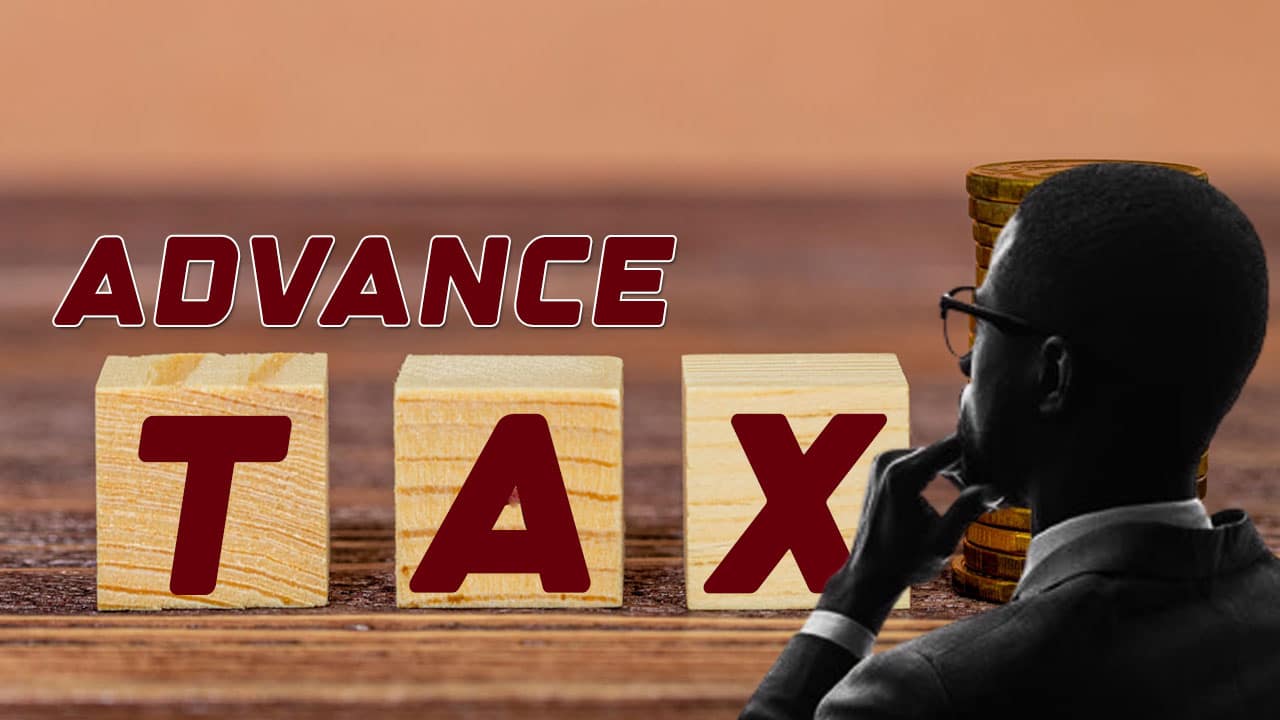Advance tax is applicable to taxpayers whose total tax liability exceeds Rs 10,000 in a financial year. However, salaried individuals are generally exempt from this if their employer deducts the correct amount of TDS. The emphasis is on “correct” because miscalculations can lead to penalties under Sections 234C and 234B of the Income Tax Act.
Table of Contents
Due Dates for Advance Tax Payment
The last quarterly installment of advance tax for FY 2024-25 is due on March 15, 2025. The due date schedule for advance tax payments is as follows:
- June 15 (Q1): 15% of net estimated tax liability
- September 15 (Q2): 45% of net estimated tax liability minus already paid advance tax
- December 15 (Q3): 75% of net estimated tax liability minus already paid advance tax
- March 15 (Q4): 100% of net estimated tax liability minus already paid advance tax
Understanding Section 234C and 234B Interest
Experts warn that salaried individuals may still face penalties under these sections if their TDS deductions fall short. Here’s how different scenarios impact tax liability:
- Capital Gains Earned in November 2024: The entire tax amount must be cleared in the remaining installments (December 15, 2024, and March 15, 2025) to avoid interest under Section 234C.
- Capital Gains Earned on March 17, 2025: As no further advance tax installments remain, the full tax amount must be paid by March 31, 2025 to avoid interest.
The Importance of Accurate TDS Deductions
Employers deduct TDS based on estimated net tax liability, but discrepancies arise when employees fail to declare additional income. If actual income exceeds the declared estimate, the employee might need to pay advance tax. A safer approach is to declare additional income early so that higher TDS is deducted, reducing the risk of penalties.
Issues for Job-Switching Employees
A major challenge arises when an employee switches jobs mid-year and does not report income from the previous employer to the new employer. This results in lower TDS deductions, leading to tax liability that must be covered through advance tax.
- Solution: Employees should submit Form 12B or a full and final settlement statement to the new employer to ensure accurate TDS deduction.
- Example: If an employee earned Rs 8 lakh at a previous job and Rs 4 lakh at a new job, they must disclose the earlier income to ensure the correct TDS deduction. Otherwise, they will need to pay advance tax, potentially attracting Section 234C interest.
Ways to Avoid Section 234C Interest
Even if employees fail to disclose other income earlier, they can request an increased TDS deduction from their employer by March 31, 2025, to avoid interest. However, if advance tax payments fall short, interest under Section 234C may still apply.
Exemptions from Advance Tax Penalties
The Income Tax Act provides relaxation from advance tax penalties for incomes that cannot be estimated accurately beforehand, including:
- Capital gains income
- Winnings from lotteries, races, or games
- Income from a newly established business
- Dividend income (excluding deemed dividends on loans)
For such incomes, taxpayers can pay tax in the next quarter after earning the income without triggering penal interest under Section 234C.
Conclusion
Salaried individuals should be proactive in managing their tax liability to avoid interest charges. Declaring all income sources to employers and ensuring correct TDS deductions can help prevent penalties. For those with additional or unexpected earnings, timely advance tax payments remain crucial to staying compliant with tax laws.
